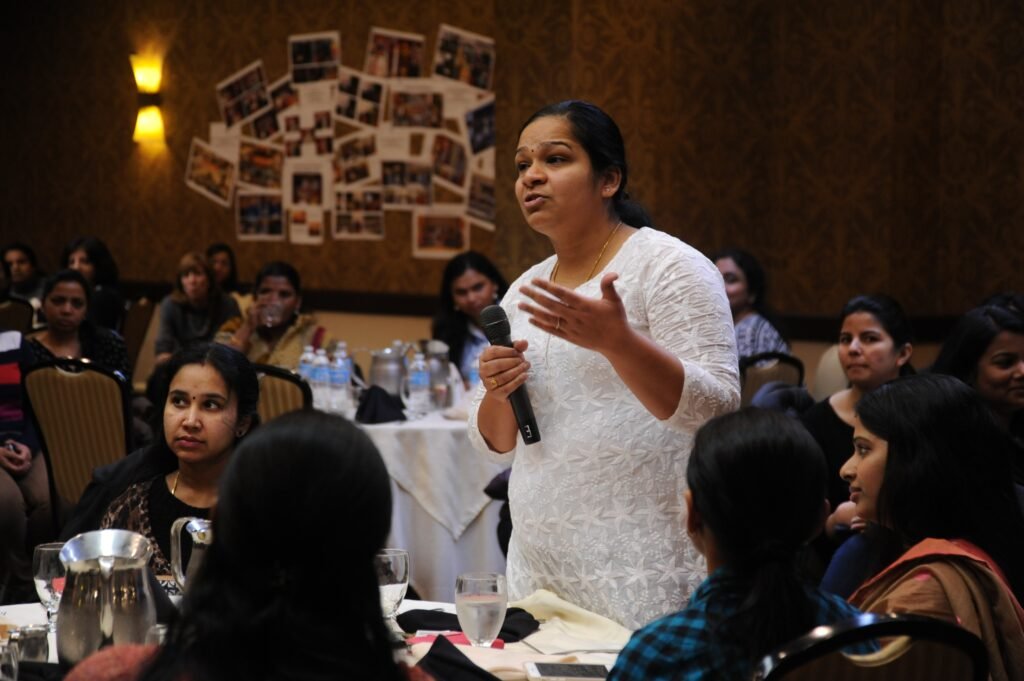Ways To Improve Your Speech
Vocal Disfluencies
Some speaking habits can unintentionally damage a speaker’s credibility. These habits may be so common that the speaker is unaware of them, even if others are distracted by them. Here is a checklist of common distractions that can be easily fixed with self-awareness and self-monitoring.

- Filler Words -Like, So, Um, Ah
- Qualifying Language – I think, I feel, I believe
- Hedging Language – Kind of, Sort of,
- Speed: Too fast, or too slow, usually too fast
- Rambling – Speaking off topic or repeating yourself
- Casual language – yeah instead of yes
- Interrupting others – also it is annoying
- Swear words – only work in the right setting to emphasize a point
- Mispronunciations – causes others to stop and think
- Vocal fry – a grumbling sound that is unnatural
- Uptalk – upward inflection at the end of a sentence sounds like a question so it lacks conviction
- Mumbling – Words are unclear
- Grammatical errors – also causes the listener confusion
- Laughter – used in uncomfortable situations and displays lack of confidence
- Non inclusive language – can offend some listeners
- Accents – can make it difficult for native speakers to understand
Recommendations For Reducing The Use Of Fillers
Awareness
Be aware of when you are using filler words. The first step to reducing filler words is to become aware of when you are using them. Once you are aware of your filler words, you can start to make a conscious effort to reduce their use.

Take a pause instead of using a filler word. When you feel the need to use a filler word, take a short pause instead. This will give you time to collect your thoughts and to speak more clearly.
Use other words or phrases to fill the silence. Instead of using filler words, you can use other words or phrases to fill the silence. For example, you could say “let me think about that for a moment” or “I’ll come back to that.”
Practice speaking in front of a mirror or with a friend. This will help you to become more aware of your filler words and to practice speaking more fluently.
Record yourself speaking and listen back for filler words. This can be a helpful way to identify your filler words and to make a conscious effort to reduce their use.
Get feedback from others on your use of filler words. Ask friends, family, or colleagues to listen to you speak and to give you feedback on your use of filler words.
Practice Effective Communications
Effective communication is essential for success in both personal and professional life. By practicing active listening, being clear and concise, being respectful, being open to feedback, and being patient, you can improve your communication skills and build stronger relationships with others. Effective communication takes time and practice. Don’t get discouraged if you don’t see results immediately.

Read Some Of Our Research Into Speaking Improvements
If you are concerned that you may have any of these speaking habits, the best way to improve is to become more aware of your own speech patterns.
